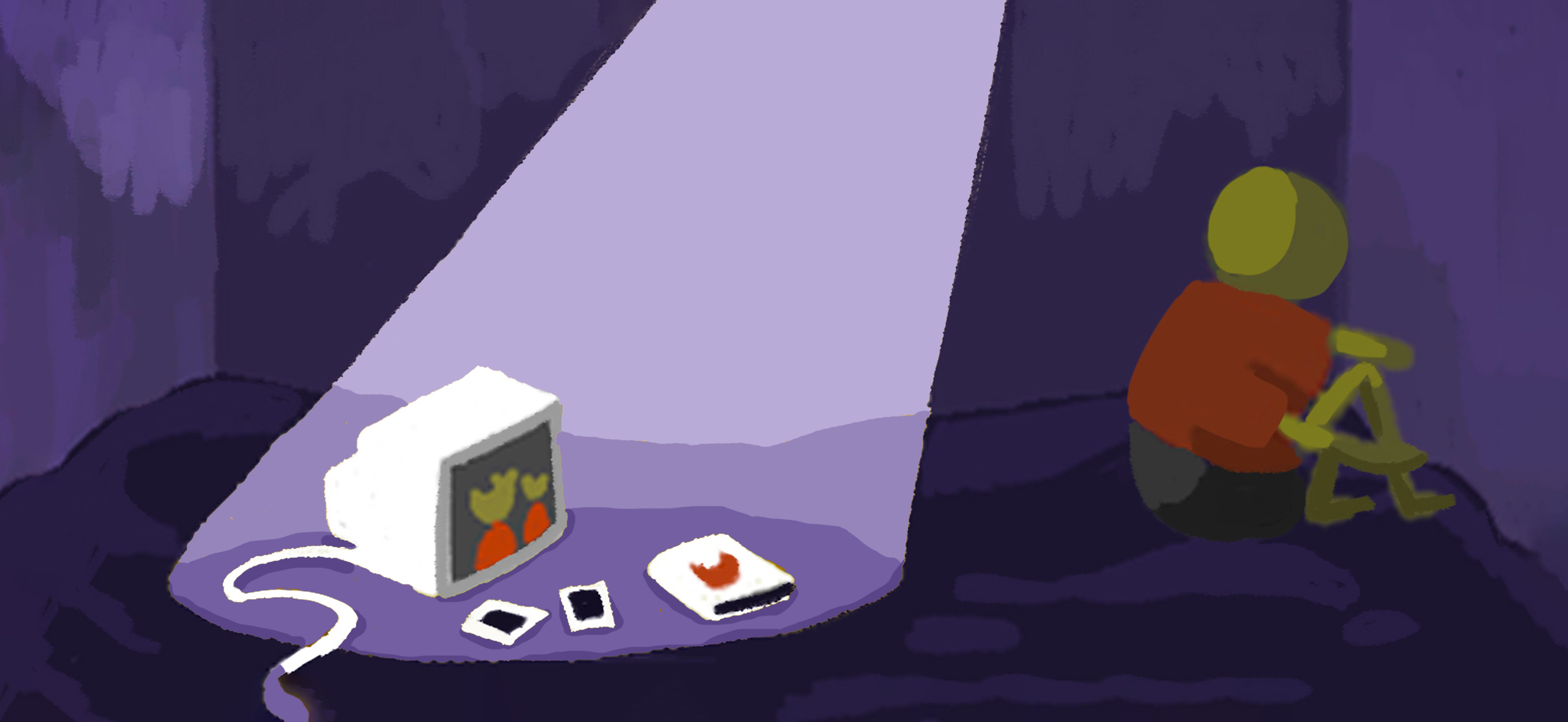
Health & Medicine
| Special Report
Don’t look away
Children bereaved by domestic homicide deserve support and advocacy, not silence and stigma. As a society, let’s engage rather than look away
The UN's 16 days of activism against gender-based violence draws our attention to the number of women who die at the hands of their former or current partner.
Many of these women are mothers who leave children behind.
The children bereaved due to domestic homicide are often invisible, silenced and stigmatised.
This needs to change.
CONTENT WARNING: These articles discuss violence and mental health. They do not contain graphic details.
Research team and contributors: Professor Eva Alisic, Beverley Attard, Dr Anna Barrett, Rebecca Burdon, Oliver Eastwood, Dr John Frederick, Kathryn Joy,
Dr Katitza Marinkovic Chávez, Hannah Morrice, Ashwini Sakthiakumaran, Elicia Savvas and *Sylvia(*name changed for legal reasons)
Illustrator: Thu Huong Nguyen (Abigail)
Report producer: Imogen Crump
Development: Hamish Gardiner

Health & Medicine
| Special Report
Children bereaved by domestic homicide deserve support and advocacy, not silence and stigma. As a society, let’s engage rather than look away
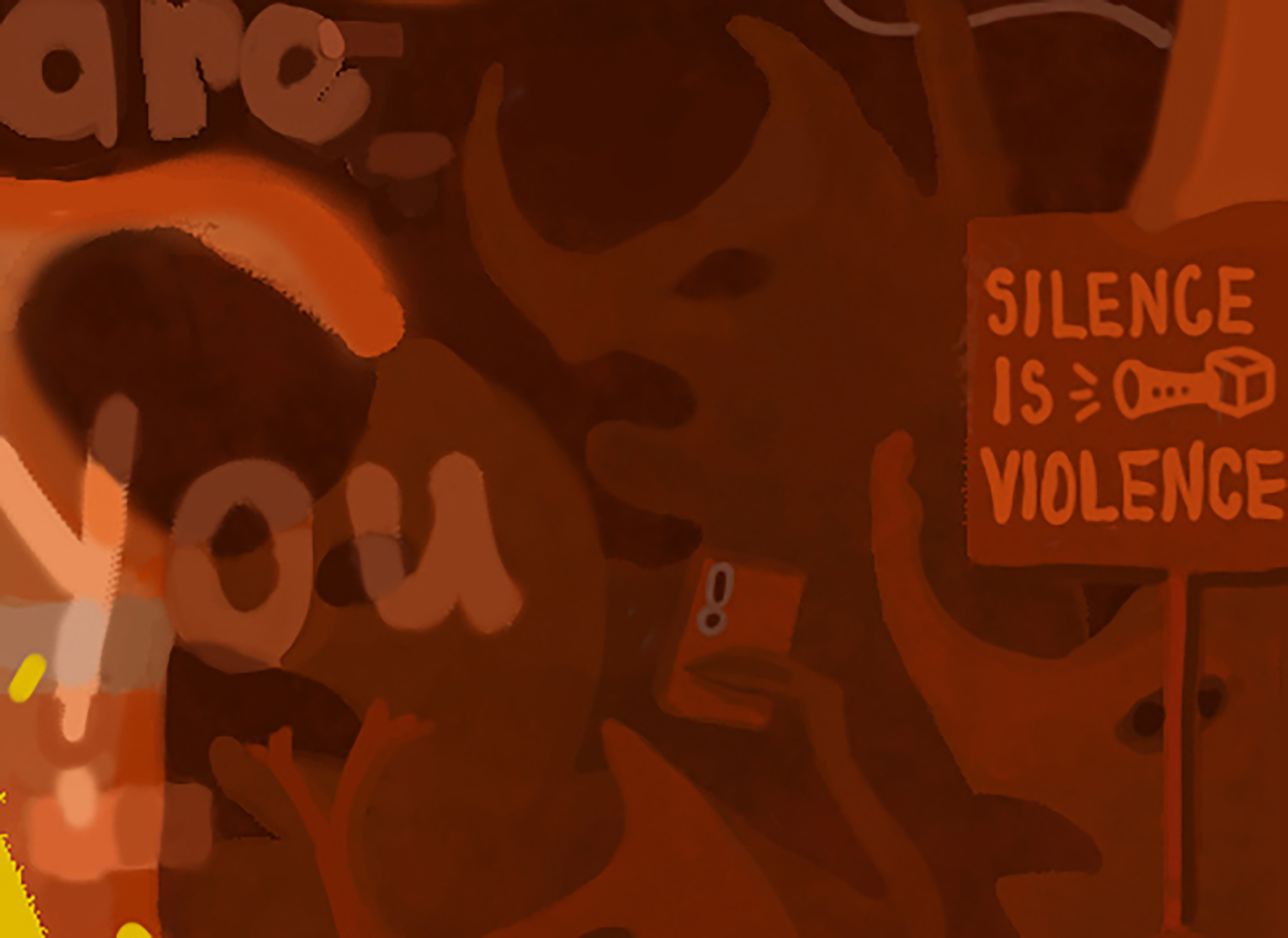
Health & Medicine
| Special Report
The words we use to describe how children are impacted by domestic homicide are important – and it’s time to be honest
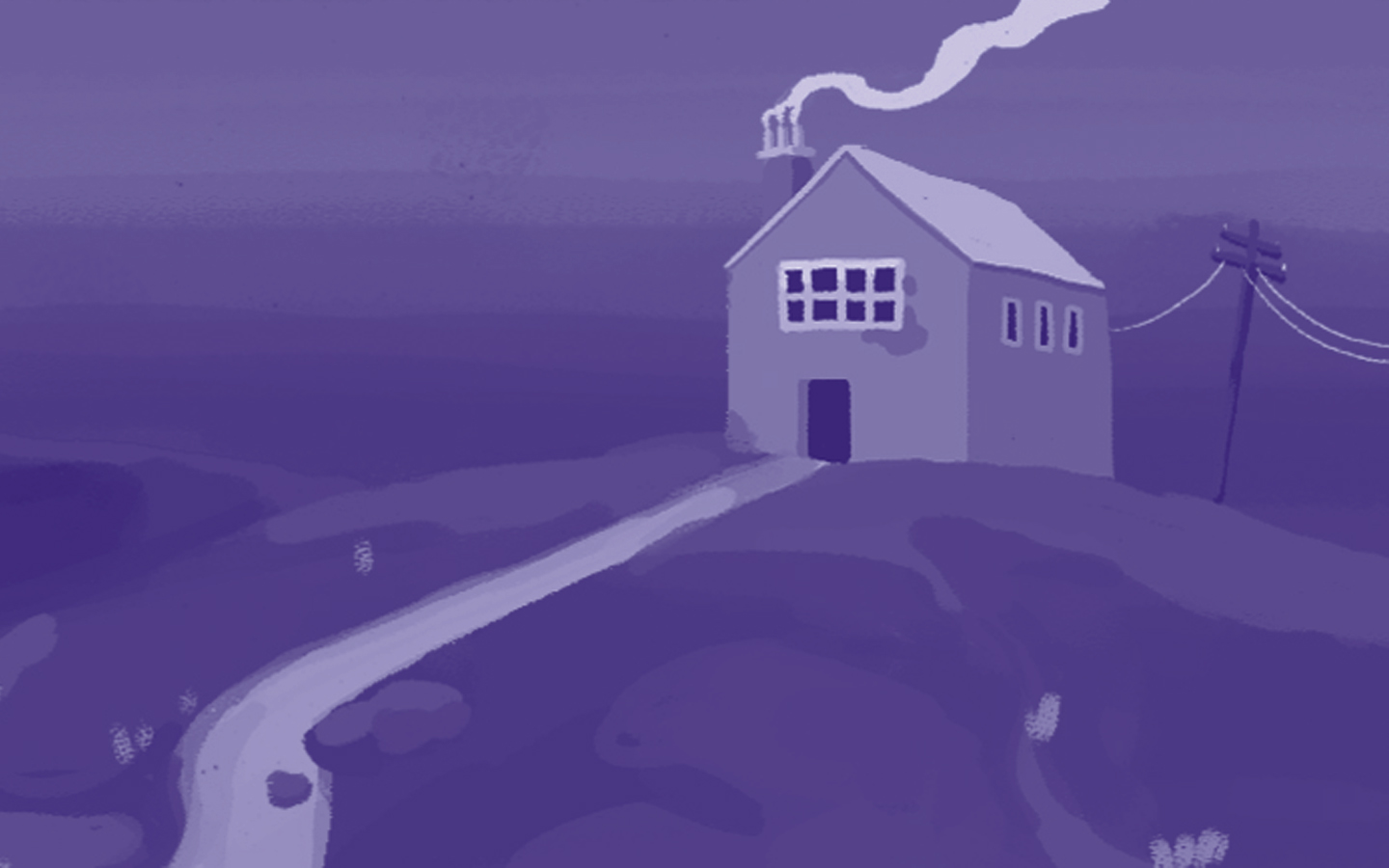
Health & Medicine
| Special Report
The concept of ‘home’ fundamentally shifts after a child loses a parent to domestic homicide and it can be challenging to rebuild a sense of belonging
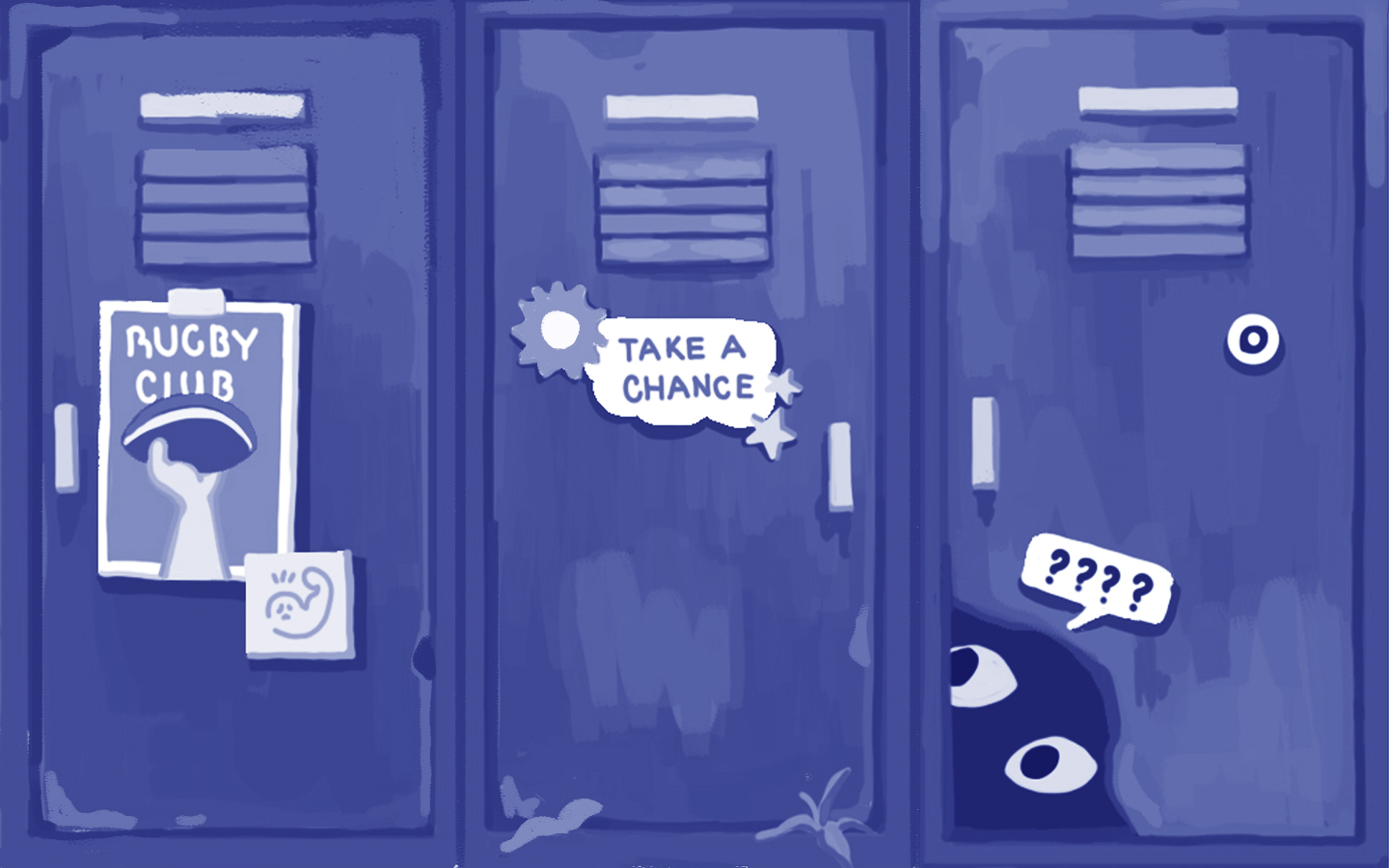
Health & Medicine
| Special Report
Schools can be the only stable and predictable environment in the lives of children affected by the tragedy of fatal domestic violence – but they need resourcing
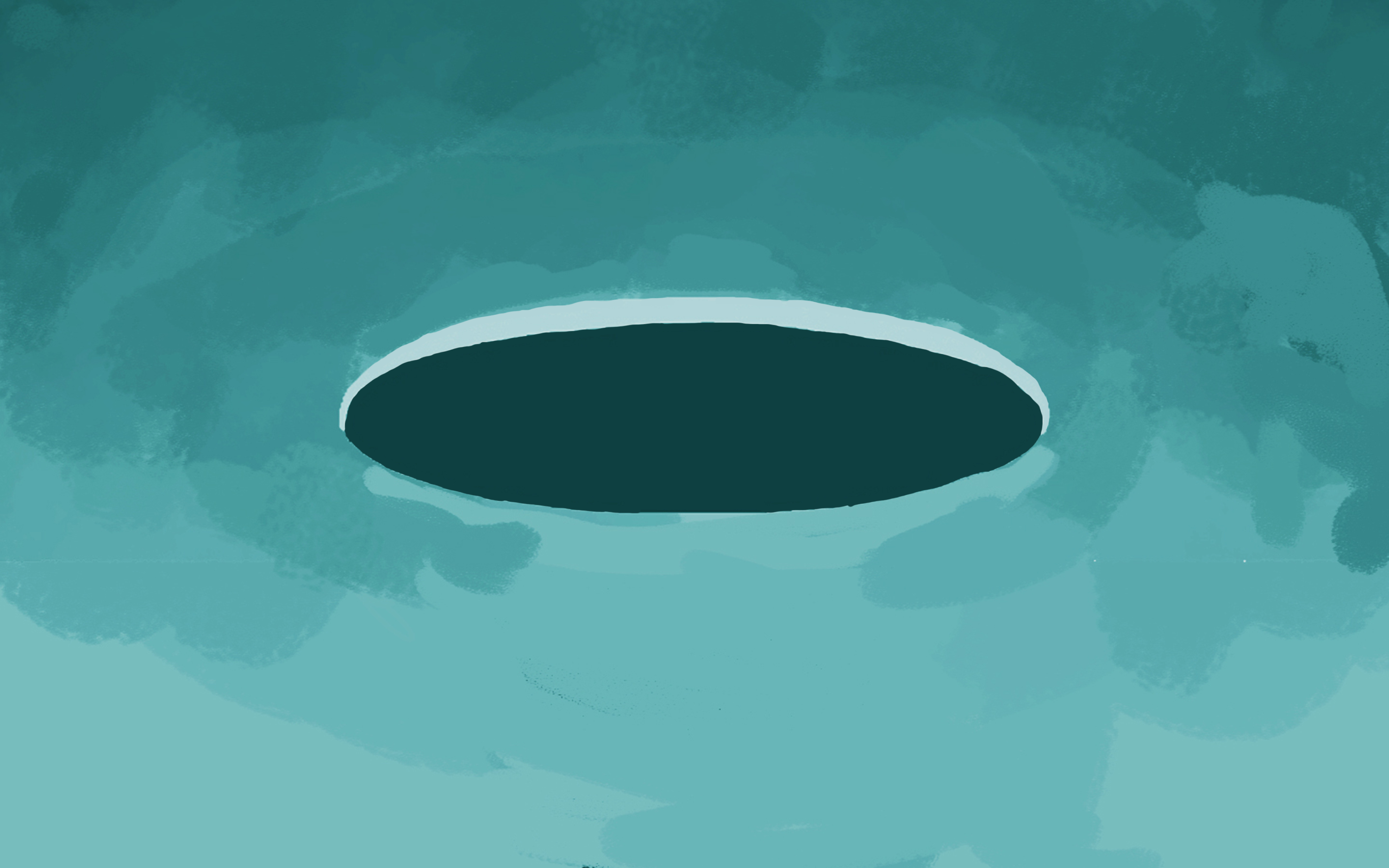
Health & Medicine
| Special Report
Losing a parent through domestic homicide can change a child’s self-understanding in isolating ways. Support must respond to identity-based distress and foster belonging

Health & Medicine
| Special Report
After a parent is killed due to domestic violence, children aren’t given enough opportunity to express their opinions on decisions that directly affect their lives
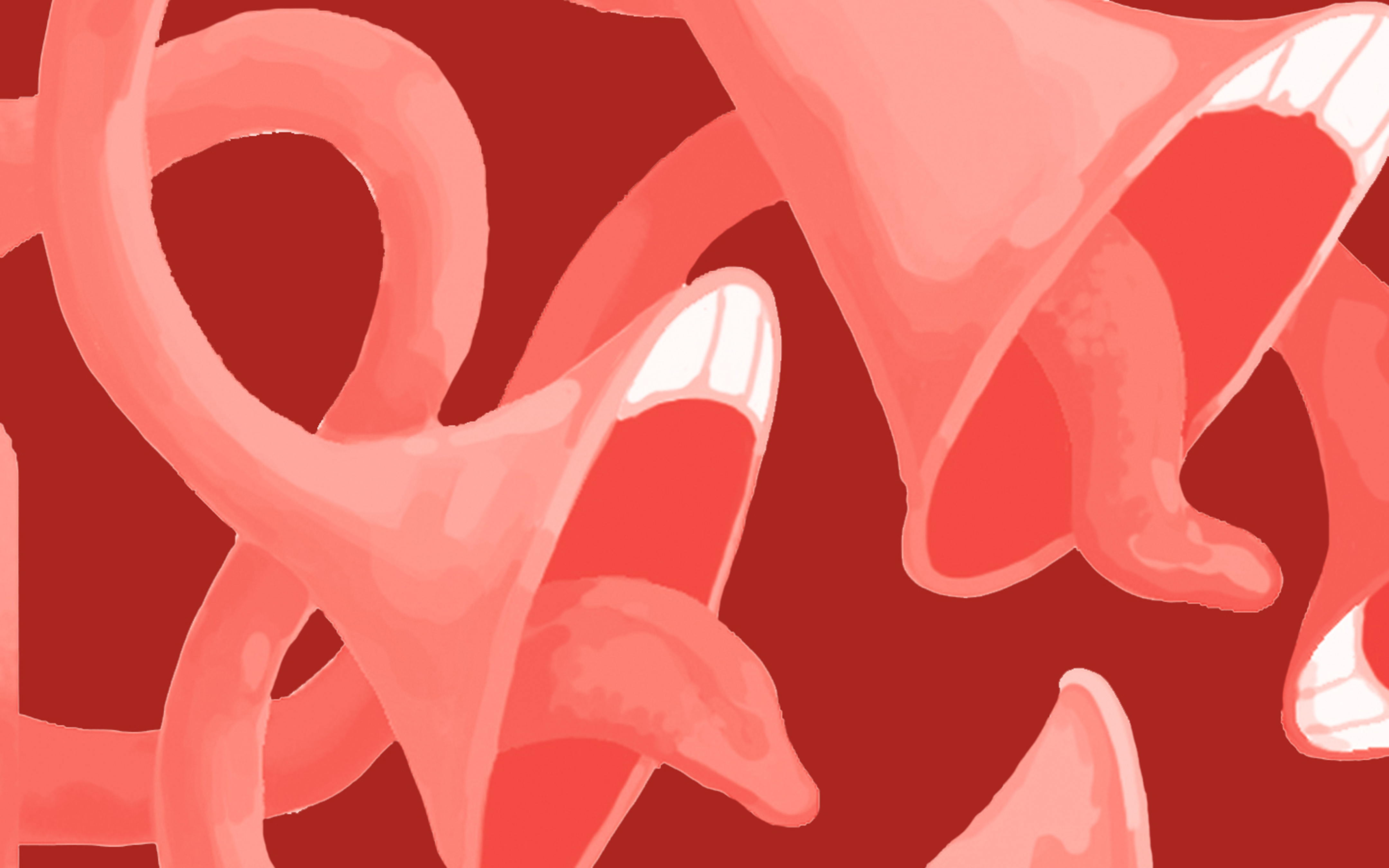
Health & Medicine
| Special Report
Claiming control over your own story is a crucial step towards healing and social transformation after losing a parent due to domestic homicide
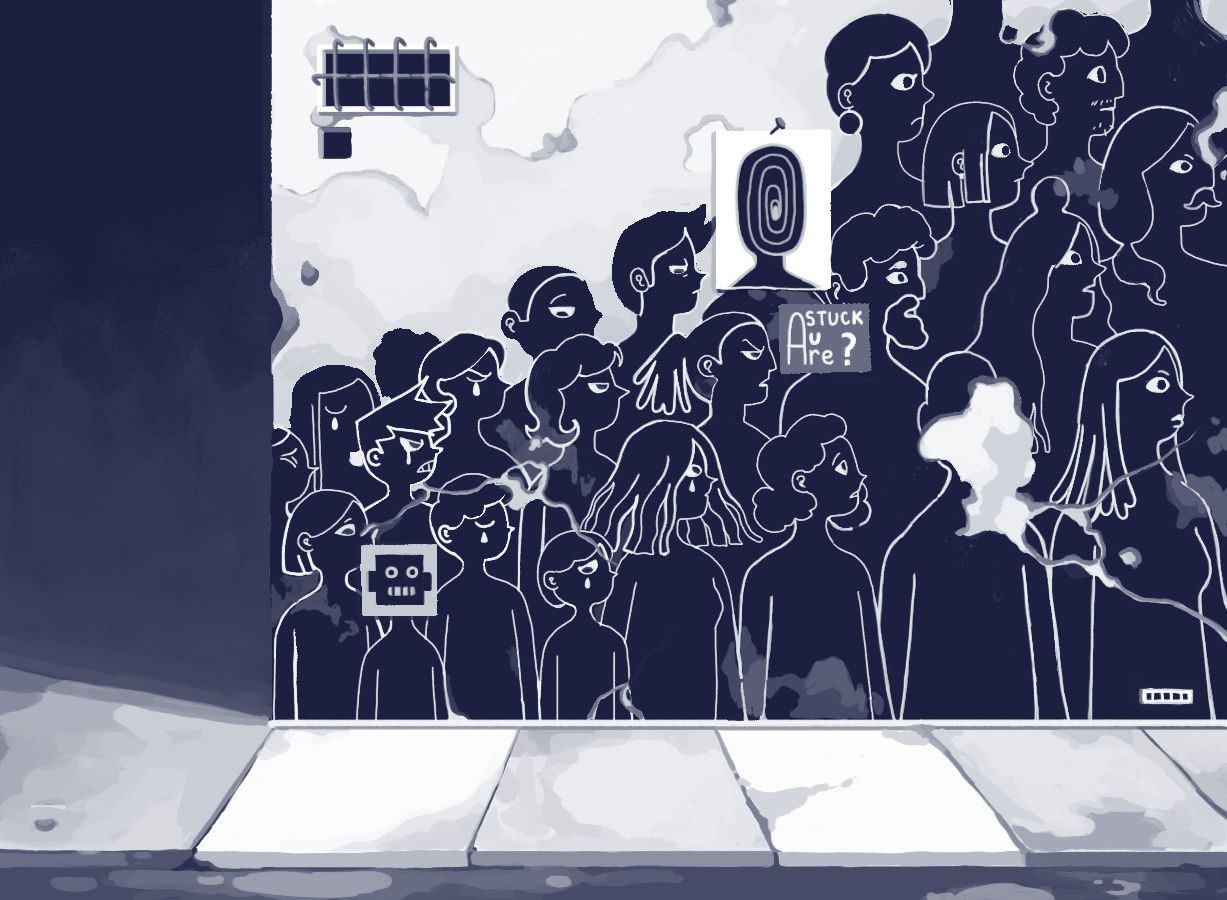
Health & Medicine
| Special Report
The artwork in this series has its own story – using an Australian rhino beetle to illustrate metamorphosis and recovery